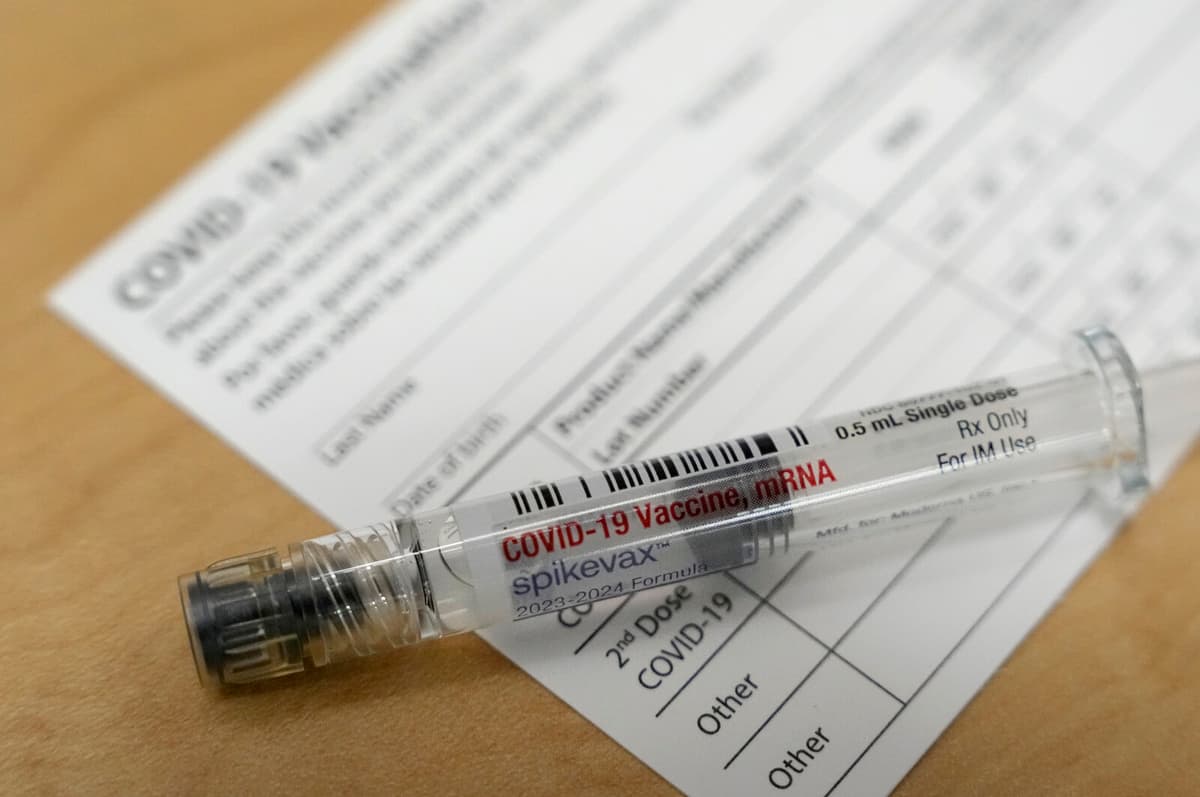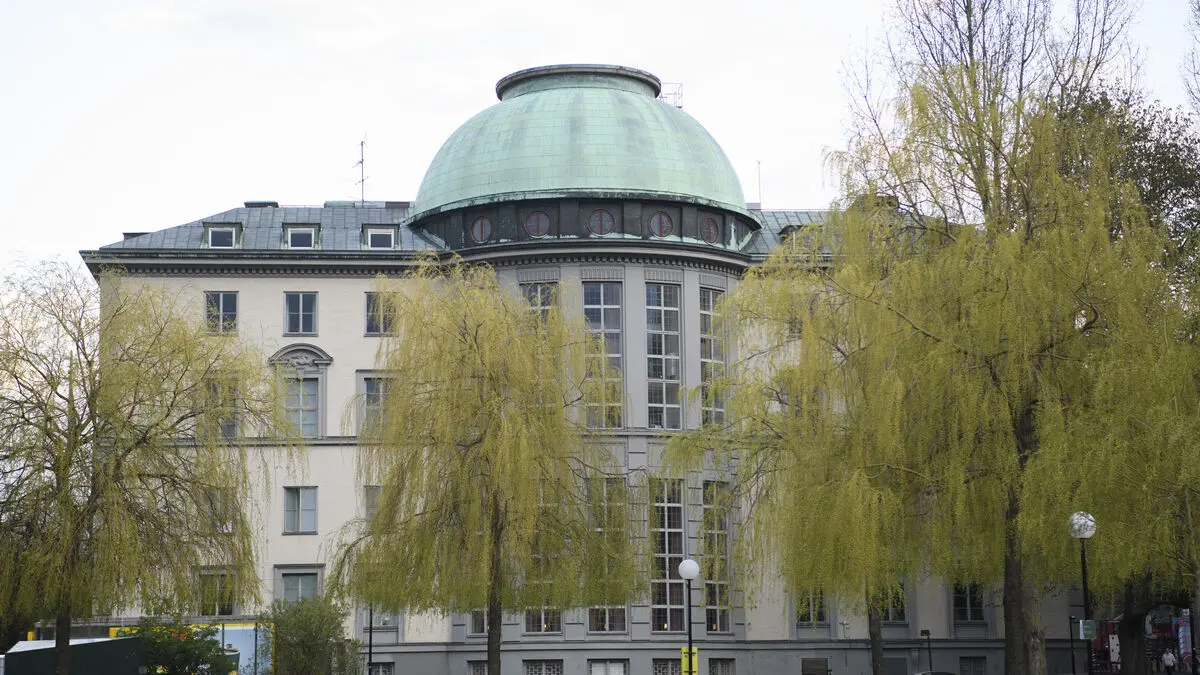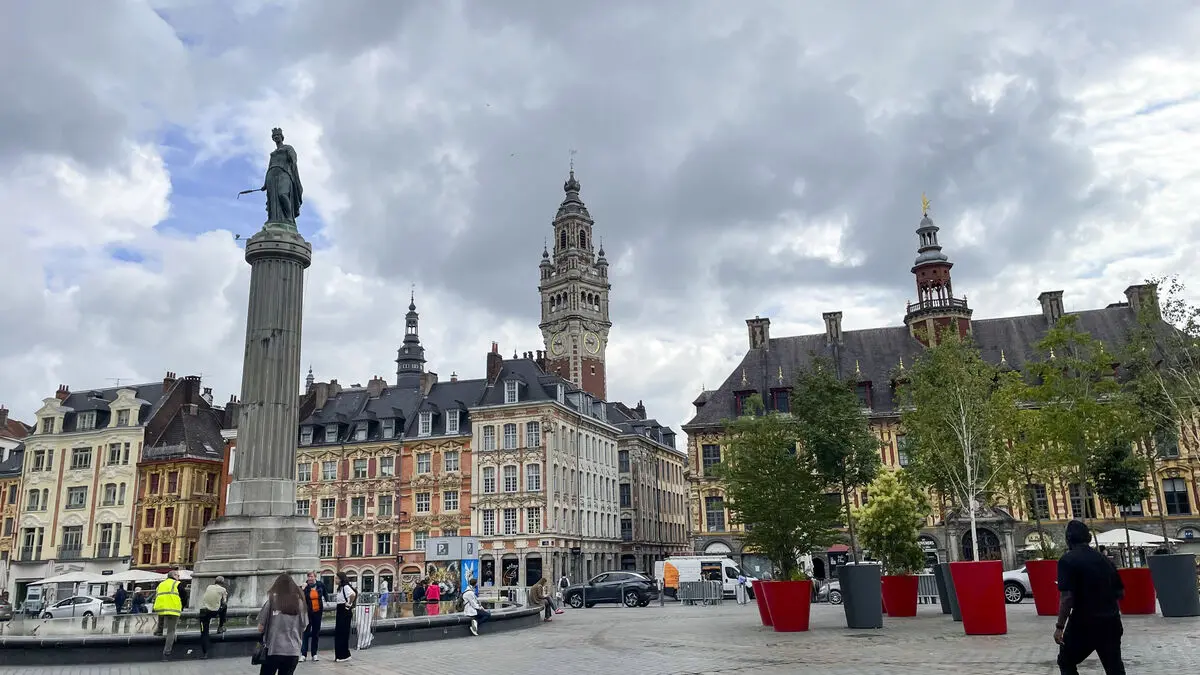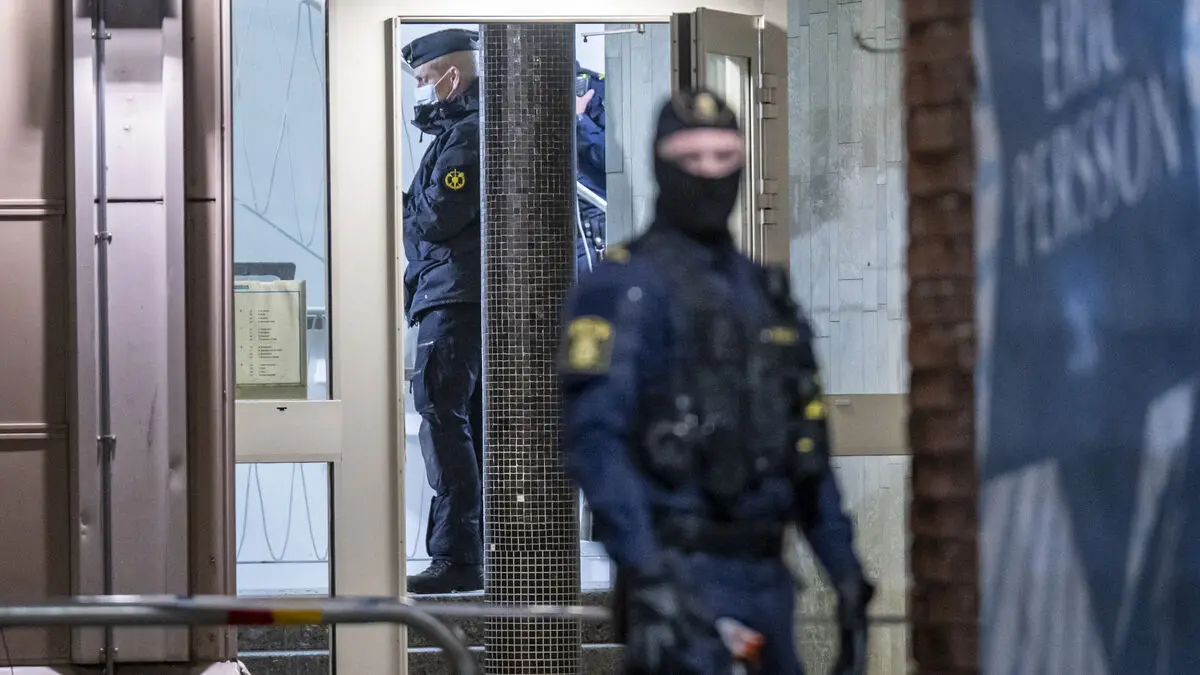Five years ago, the pandemic broke out, and during the night to Wednesday, WHO's member countries concluded the over three-year-long negotiations on how to handle future pandemics. Tuesday's final negotiation was expected to be quickly settled, but dragged on until the small hours.
The negotiations between the 194 member countries were supposed to have been completed already in June last year, but were extended when the countries could not agree.
Hamstring of vaccines
According to several sources to AFP, one of the major obstacles has been whether technical information related to the production of health care products should be shared between countries. Something that would particularly benefit developing countries, as richer countries were accused during the pandemic of hoarding vaccines and tests.
Countries with large pharmaceutical industries have, however, opposed making information sharing mandatory, instead wanting to see it as voluntary. It will take place with a "mutual agreement", according to the new agreement.
Another obstacle has been "formulations on sanctions", according to Thiru Balasubramaniam at the non-governmental organization Knowledge Ecology International (KEI). With the agreement, it was decided that a global supply chain and logistics network will be established to expand access to such things as vaccines and tests. The crunch question has been whether it should only apply during pandemics and humanitarian crisis situations, or be completely unhindered – which would make the goods available to countries under international sanctions.
Approval in May
The agreement now drawn up in Geneva, Switzerland, will receive final approval at WHO's annual meeting in May.
The world's largest donor country, the USA, has not been involved in the process since President Donald Trump decided in January that the country would leave WHO.






